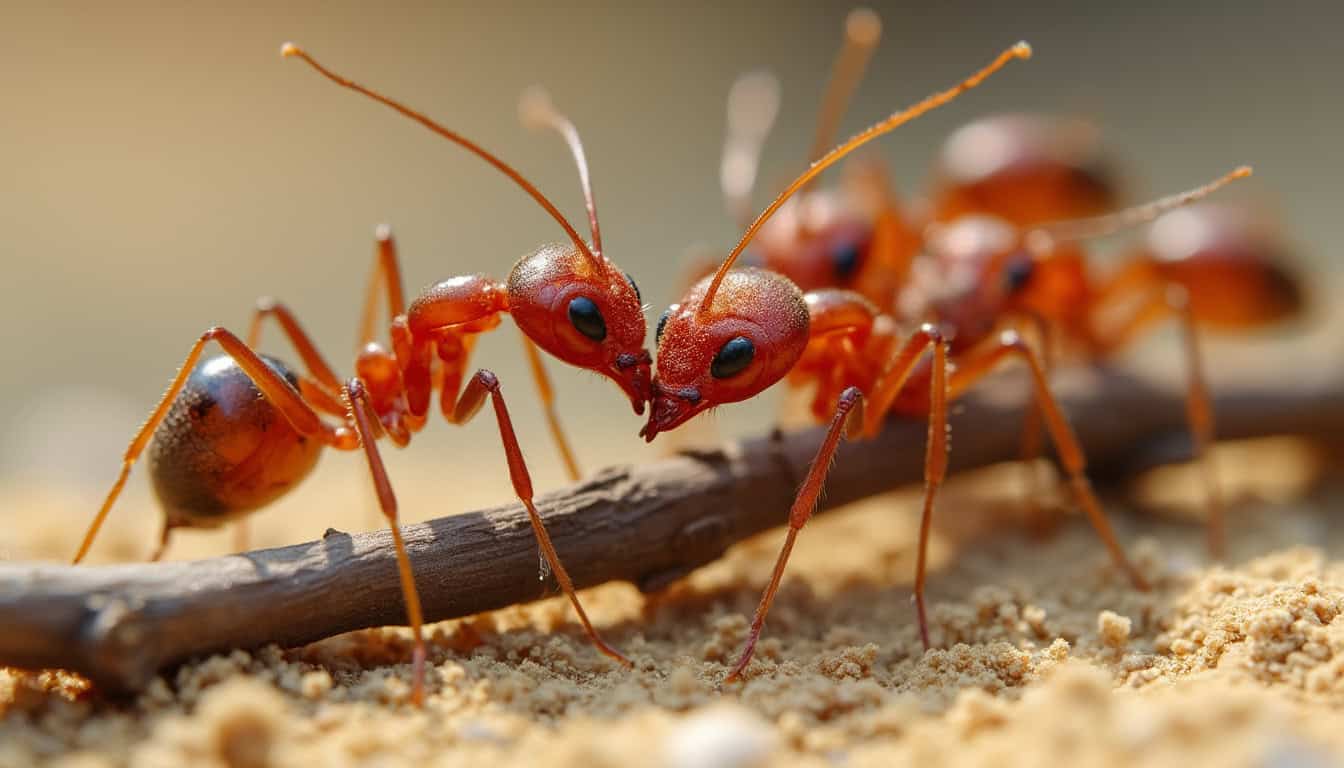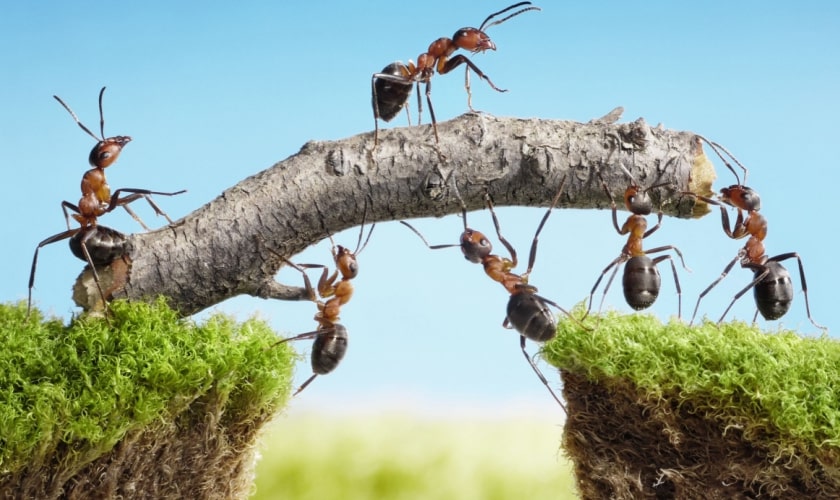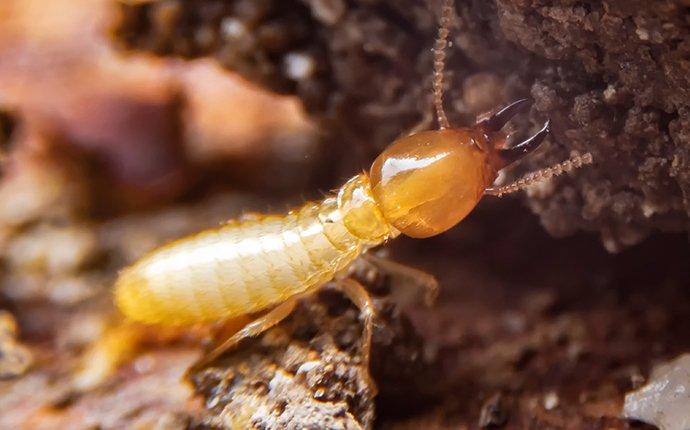Ecological Effect of Insect Control: Balancing Performance With Sustainability
The environmental effect of bug control is a vital problem that calls for a delicate balance between accomplishing efficiency in taking care of pests and making sure sustainability of our environments. From the usage of hazardous chemicals that leak into our soil and water to the unintentional repercussions on non-target types, the effects of standard parasite control techniques are far-ranging.
Unsafe Chemicals in Pest Control
The usage of hazardous chemicals in insect control positions significant environmental and health dangers that require careful consideration and reduction strategies. Herbicides, pesticides, and pesticides are generally utilized to remove bugs, but their extensive application can result in unintentional consequences. These chemicals can infect soil, water sources, and the air, affecting not just the targeted insects but additionally helpful pests, wildlife, and humans.

To deal with these risks, integrated insect administration (IPM) techniques are being promoted as an extra lasting option. IPM involves a combination of approaches such as organic control, environment control, and the targeted use of chemicals as a last hotel (ant control stokesdale nc). By embracing an all natural strategy to pest control, we can decrease the ecological and health and wellness impacts related to unsafe chemicals while successfully managing pest populaces
Effect on Non-Target Species
Taking into consideration the unexpected consequences of bug control approaches, the influence on non-target species is a critical element that requires detailed assessment. While insect control measures aim to target specific bugs, various other organisms in the community might be unintentionally affected. Non-target types, including beneficial bugs, birds, mammals, and even plants, can endure direct or indirect injury from pesticide applications or organic control methods.
Pesticides created to combat a specific insect pest may harm pollinators like bees or all-natural killers such as ladybugs. Organic control agents, if not species-specific, can position dangers to unexpected targets, interfering with the ecological balance.
To reduce the effect on non-target species, incorporated parasite administration (IPM) techniques that highlight an alternative method to pest control are recommended. These methods prioritize using ecologically friendly practices, decreasing injury to advantageous microorganisms while efficiently managing pest populaces. Carrying out complete danger assessments and monitoring the outcomes of parasite control efforts are essential steps in securing non-target varieties and advertising overall ecosystem wellness.
Dirt and Water Contamination
Unexpected ecological consequences of insect control techniques extend beyond impacting non-target varieties, with substantial implications for soil and water contamination - ant control. Chemicals, herbicides, and chemical fertilizers utilized in parasite control can seep into the soil and infect groundwater, positioning a hazard to both earthbound and marine communities.
Water contamination is an additional critical issue related to bug control techniques. Overflow from farming areas treated with chemicals can lug these chemicals right into neighboring water bodies, influencing aquatic microorganisms and water quality. Contaminants in water sources can have far-reaching consequences, affecting not just marine life yet likewise human wellness via the intake of contaminated water or marine microorganisms. To minimize dirt and water contamination from bug control activities, integrated pest management techniques that prioritize sustainability and minimize chemical inputs are essential.
Air Pollution From Chemical Use
Exposure to air-borne pesticides during farming applications positions a significant concern for air contamination control steps. They can volatilize into the air and kind volatile natural compounds (VOCs) and various other airborne contaminants when chemicals are splashed onto plants - termite control. These chemicals can add to the formation of ground-level ozone, a significant component of smog that can have harmful results on human health and wellness, crop productivity, and general air quality. In addition, pesticide drift, where chemicals are carried by the wind to unplanned areas, can bring about the contamination of close-by ecological communities and water bodies.

Techniques for Lasting Bug Control
In the realm of agricultural methods, applying lasting parasite control strategies is paramount for maintaining eco-friendly equilibrium and safeguarding plant returns. Lasting parasite control stresses making use of eco-friendly techniques to take care of bug populaces efficiently while lessening injury to non-target microorganisms and ecological communities. Integrated Parasite Monitoring (IPM) is an extensively taken on technique that combines biological, cultural, physical, and chemical control methods to achieve lasting parasite administration solutions.
One key approach in lasting bug control is promoting biodiversity within agroecosystems. By enhancing all-natural adversaries of parasites, such as parasitoids and killers, farmers can decrease the need for artificial chemicals. Crop rotation and diversification are additionally reliable strategies to interfere with pest life process and produce much Visit Your URL less desirable problems for parasites to thrive. Additionally, using pest-resistant plant selections and utilizing strategies like catch cropping can help in reducing insect stress without depending heavily on chemical treatments. Eventually, by integrating these lasting insect control strategies, farmers can accomplish a balance in between pest administration effectiveness and ecological stewardship.
Verdict
To conclude, the ecological influence of pest control methods need to be thoroughly taken into consideration to stabilize effectiveness with sustainability. Dangerous chemicals used in insect control can cause soil and water contamination, air contamination, and harm non-target types - ant control services. It is crucial to execute lasting pest control techniques to lessen these adverse results on the environment and promote a much healthier environment for future generations
By taking on a holistic approach to pest control, we can reduce the environmental and health and wellness influences connected with harmful chemicals while efficiently taking care of pest populaces.

To reduce the air contamination caused by pesticide usage, it is vital to embrace incorporated insect monitoring techniques that focus on the usage of non-chemical pest control methods, such as plant turning, natural predators, and immune plant varieties. Sustainable parasite control emphasizes the usage of eco friendly techniques to take care of pest populations properly while reducing injury to non-target organisms and environments. Integrated Parasite Management (IPM) is a widely embraced strategy that incorporates biological, cultural, physical, and chemical control techniques to attain lasting pest management options.
Comments on “Specialist Ant Control Services: Personalized Treatments for Enduring Results”